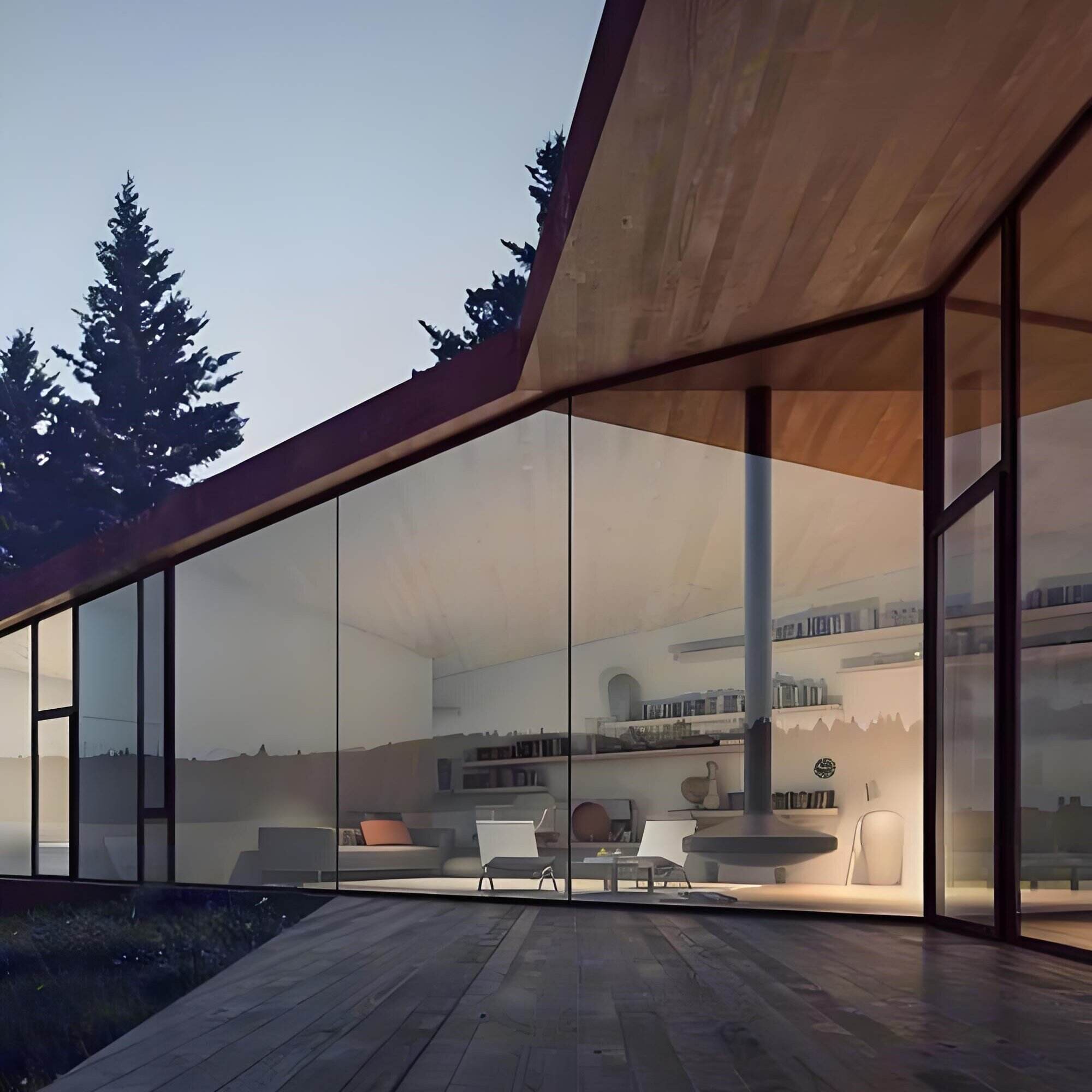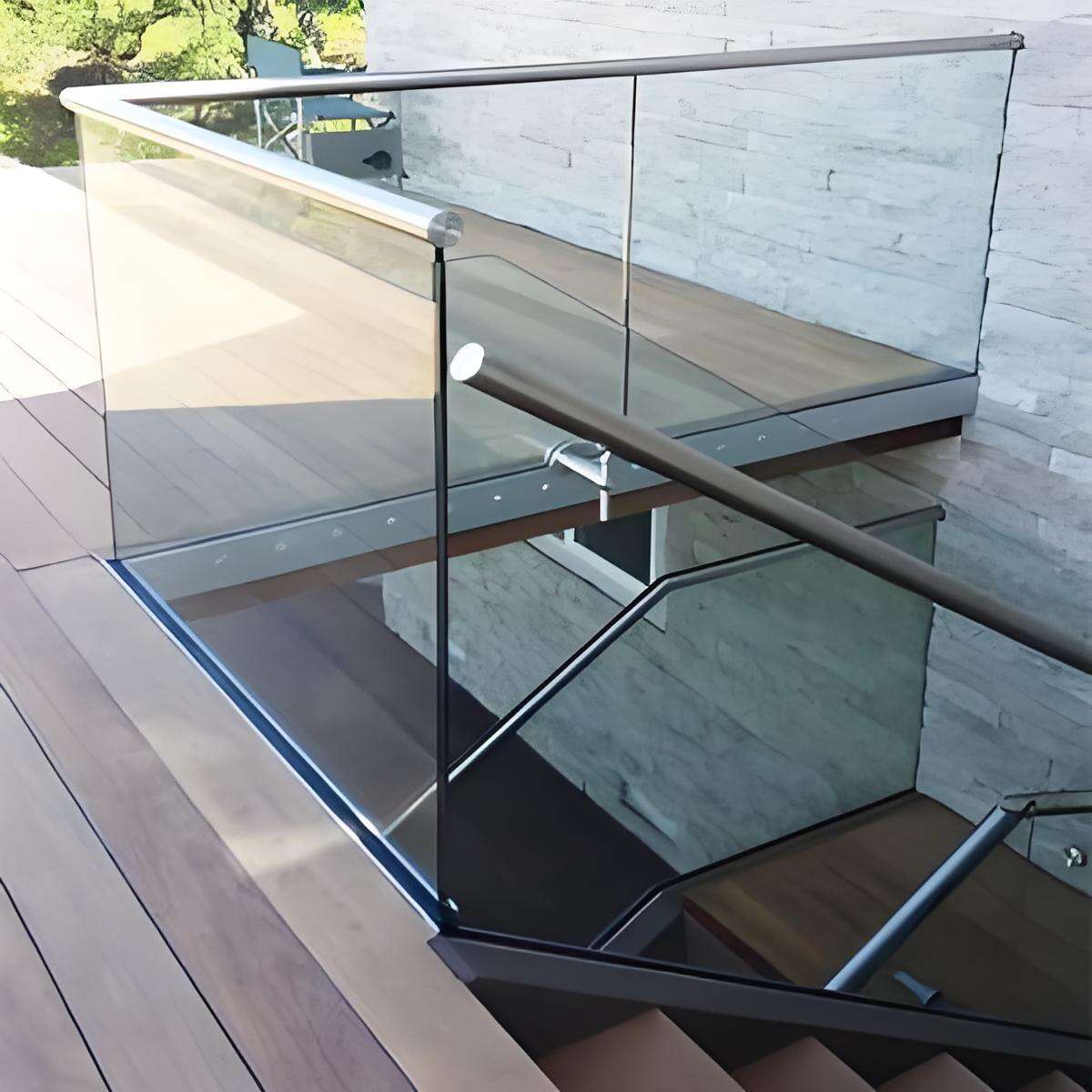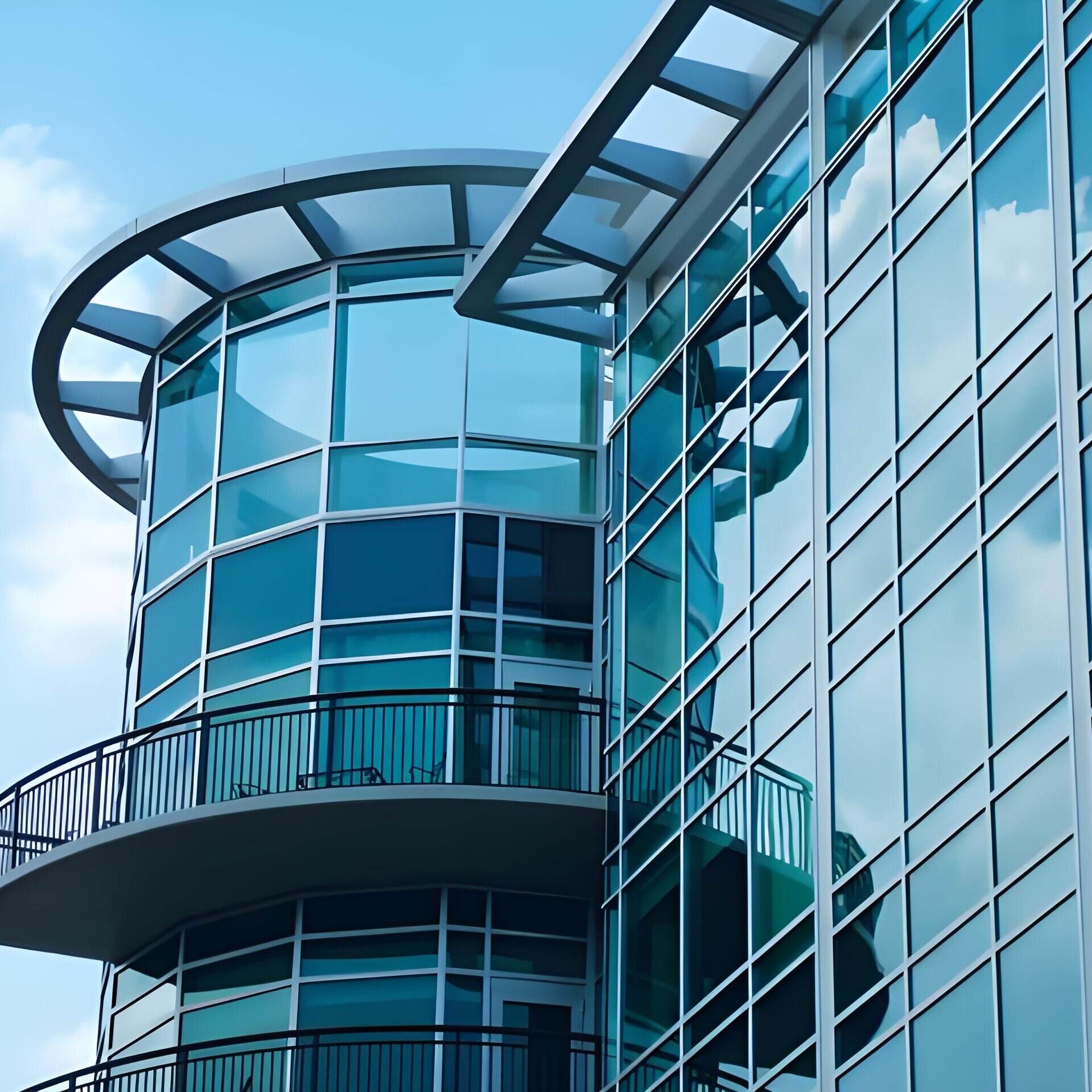curved glass panels prices
Curved glass panels prices vary significantly based on several crucial factors, including size, complexity of curvature, thickness, and specific manufacturing requirements. These innovative architectural elements combine aesthetic appeal with functional excellence, typically ranging from $100 to $500 per square foot. The pricing structure reflects the sophisticated manufacturing process, which involves heating flat glass to precise temperatures and carefully bending it to achieve the desired curvature while maintaining structural integrity. Modern curved glass panels incorporate advanced technological features such as UV protection, thermal insulation, and sound dampening properties. These panels find extensive applications in commercial buildings, luxury residences, automotive design, and contemporary architectural projects. The manufacturing process employs state-of-the-art tempering and lamination techniques, ensuring superior durability and safety standards. The final price also accounts for specialized coating options, including low-E coatings for enhanced energy efficiency and self-cleaning properties. Installation costs typically add 20-30% to the base price, reflecting the specialized expertise required for proper fitting and alignment. The market offers various grades and specifications, allowing customers to balance their aesthetic desires with budget constraints while maintaining essential quality standards.


